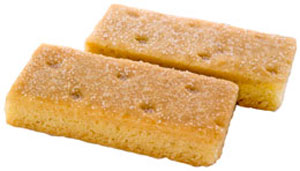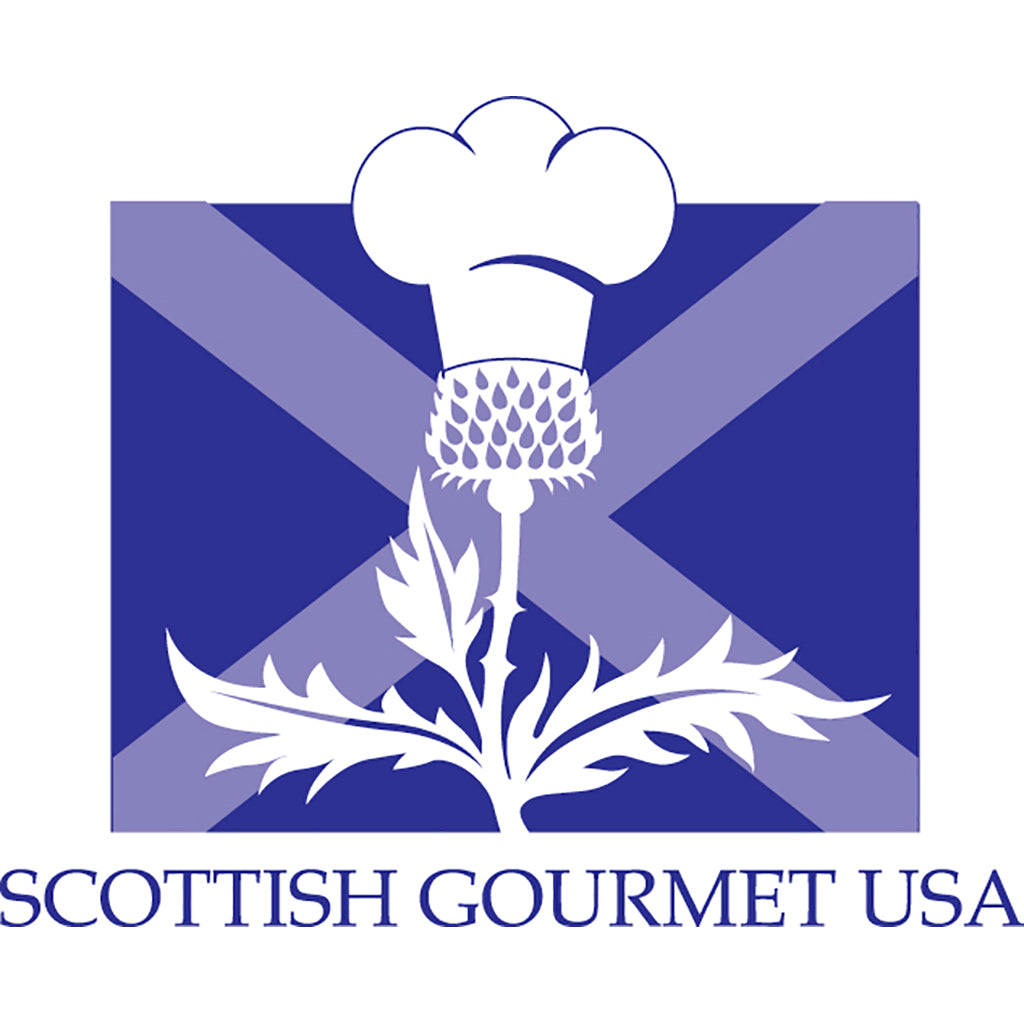
It's all, in the end, about the butter. Shortbread, the distinctive and beloved crumbly "cookie" perfected by Scottish bakers, has to have butter. You can get gluten-free shortbread, for instance, and there is sugar-free shortbread on the market. But, from a purist perspective, there cannot be shortbread without butter. The British government, nearly 100 years ago, decreed that, to be called shortbread, a product must derive at least 51 percent of its fat content from butter. "Pure butter" shortbread gets all of its fat from butter. Now it's true that outside of the UK all bets are off as to whether the shortbread on the shelves at your local grocery store or bake shop has butter in it. As Theodora FitzGibbon wrote in the shortbread recipe in her classic "A Taste of Scotland" cookbook, "Butter is essential, it is pointless to attempt it with margarine." These types of rigid rules for regional food products have a lot to do with making sure that local ingredients get used to both guarantee quality and to keep revenue close to home. The pizza makers of Naples don't think that a proper Neapolitan pizza can be made without mozzarella and tomatoes from Italy. The distillers of bourbon have an interest in making sure that the spirit only be made in the U.S. And the same is true of Scotch whisky and Scotland. No one seems to be too strict about where the butter in your shortbread comes from, but most experts agree that, whether you make it or buy it, there had better be butter in your shortbread.
